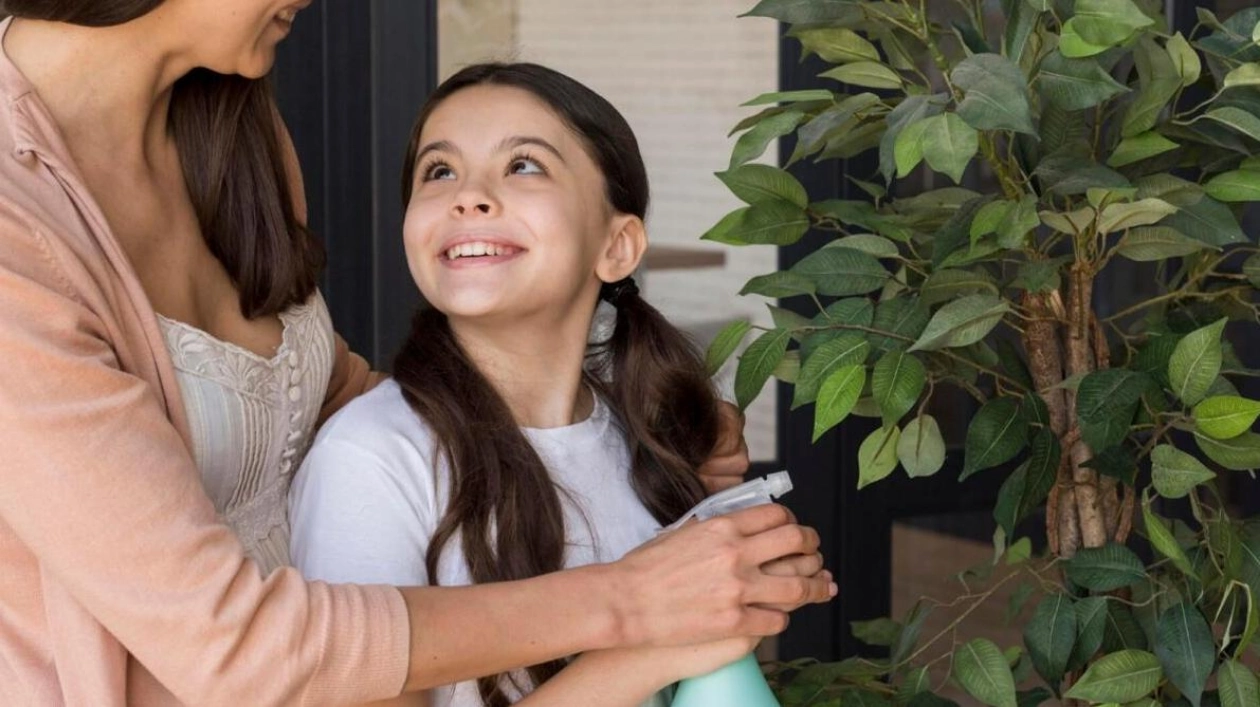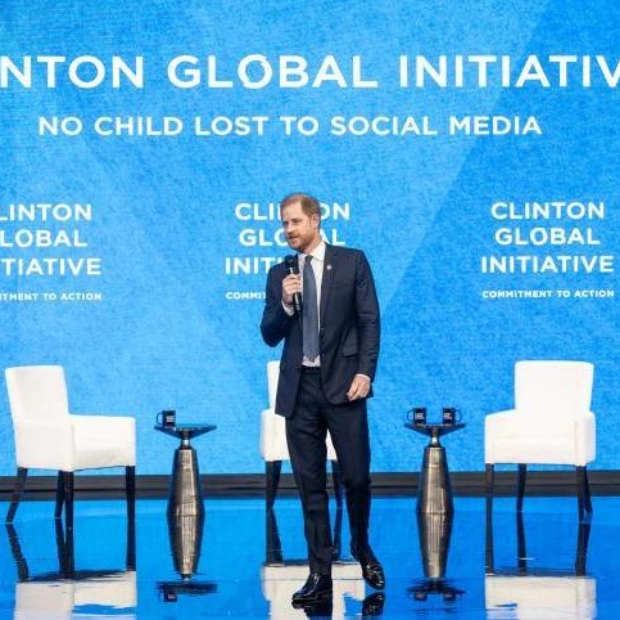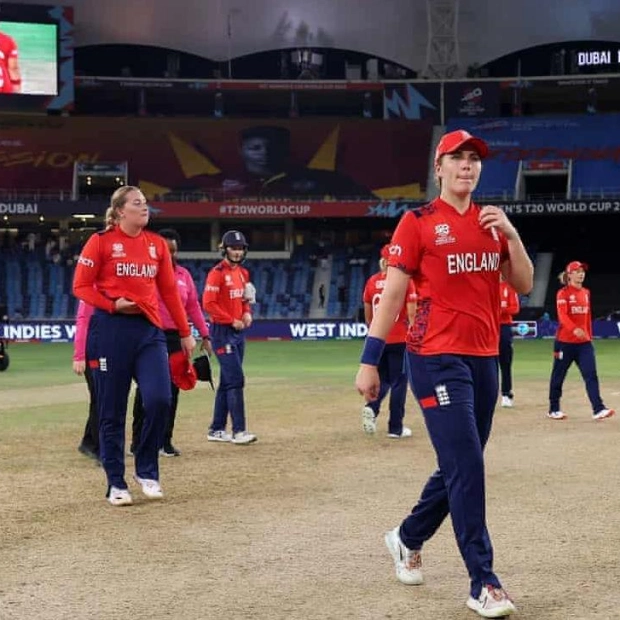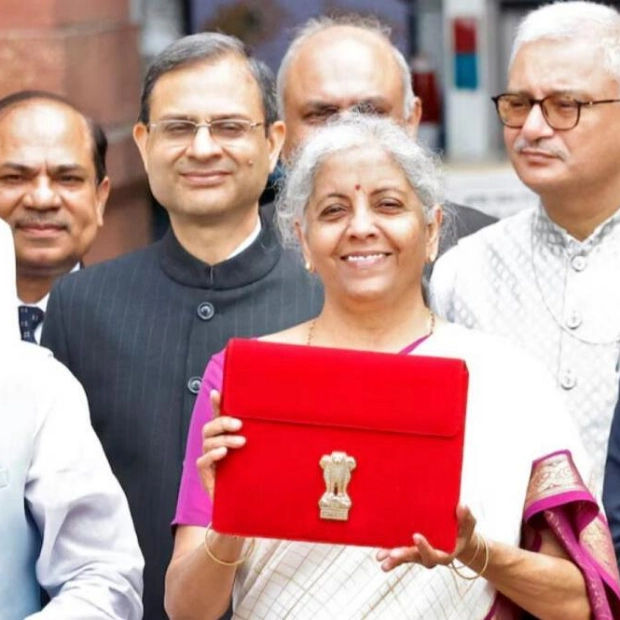Two young women share similar stories but embark on different journeys due to distinct experiences that shaped their confidence and self-esteem. Shweta Kinkale, a 26-year-old e-commerce writer in Dubai, grew up in a culture where beauty and thinness were highly valued. By the age of seven, she had already decided she was not beautiful and longed to alter her body. 'In our culture, people often comment on weight gain or lack of conventional beauty,' Kinkale recounted. 'My relatives constantly told me I was getting chubby. I was just a child when I started worrying about these issues.'
Zain Basalat, a 20-year-old journalism student at the American University of Sharjah, gained access to Facebook and Instagram at the age of 10. Her fascination with influencers, coupled with a lack of understanding about digital manipulation, severely impacted her self-esteem. 'Their faces were flawless. As an unsupervised child, I became obsessed with social media. Their appearance set my standard of beauty, and I became insecure, particularly about my nose,' Zain remembered.
Both women experienced a pivotal moment when they confided in their parents about their insecurities. Their parents offered support, albeit differently, aiding them in their paths toward self-acceptance. 'Creating a safe space for adolescents to express their insecurities without judgment is crucial,' said Dr. Saqib Latif, FRCPsych, Clinical Lead Children Services and Consultant Child and Adolescent Psychiatrist at Maudsley Health Abu Dhabi. 'Open communication validates feelings and normalizes vulnerabilities, helping children understand that everyone experiences them, and it's okay to feel uncertain and insecure at times.'
Kinkale's parents were initially stunned by her insecurities but used the situation to redirect her focus. 'My parents reassured me of my beauty and their unconditional love. They also encouraged me to focus on my talents, character, and intellect. As I matured, my appearance became a minor aspect of my identity, not the entirety. I am thankful for their support,' she expressed.
Dr. Latif emphasized that many adolescent insecurities arise from the human need to belong. Young individuals often value what they see praised, such as popularity and acceptance. 'When children feel psychologically safe and accepted within their family, it lays the groundwork for confidence and self-esteem,' he explained. Parents reinforce positive self-worth by complimenting their children's character and actions rather than their appearance.
By 17, Zain had undergone rhinoplasty and later received under-eye filler injections. 'After weeks of deliberation and numerous supervised doctor visits, we proceeded with the surgery. My parents supported my decision, wanting only my happiness. However, I regret getting a nose job at such a young age. Plastic surgery can escalate, and true happiness doesn't come from superficial changes,' Zain reflected.
Adolescents are not immune to the effects of unrealistic beauty standards and manipulated digital media. Dr. Latif advised proactive discussions about beauty standards, sharing personal experiences, and promoting media literacy. 'Media literacy helps teens recognize that not everything online is real and that social media images can be edited to set unrealistic beauty standards. Co-viewing social media with teens can provide insight into their thought processes and media's impact,' he suggested.
Parents and caregivers play a vital role in modeling body positivity. 'Children emulate what they see. Avoid negative body comments and focus on what bodies can do. Celebrate diversity and appreciate uniqueness without comparison,' Dr. Latif advised.
Kinkale and Basalat continue their journeys toward self-acceptance and confidence. 'I still have insecurities, but my parents are my support system. I'm stronger because of their support,' Kinkale stated. Basalat's parents encouraged therapy after her plastic surgery failed to boost her confidence, realizing her issues ran deeper. She was diagnosed with Body Dysmorphic Disorder and has since worked on understanding her self-worth beyond appearance. 'Therapy, self-help books, limiting social media, and my faith have helped me see that my worth is not tied to my looks. I now embrace aging naturally and gracefully. Whatever you consume, you become. Choose wisely,' she concluded.






